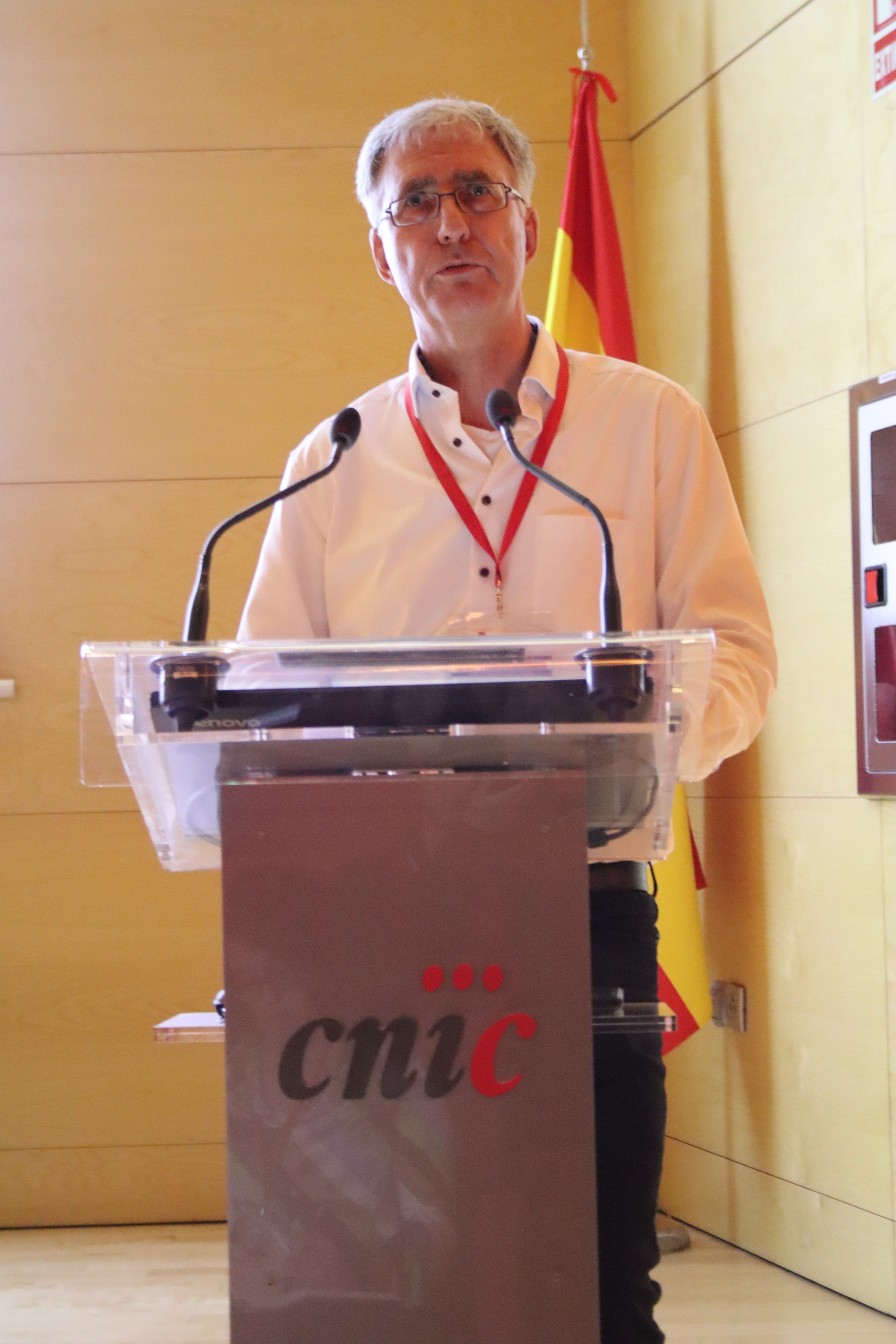Burkhard Ludewig: "Persistence is key in scientific discovery"
Burkhard Ludewig is the director of the Medical Research Center and the Institute of Immunobiology at the Kantonsspital St. Gallen (Switzerland)
Burkhard Ludewig is the director of the Medical Research Center and the Institute of Immunobiology at the Kantonsspital St. Gallen (Switzerland). His work focuses on the interaction of viruses with the innate and adaptive immune systems. Additionally, his laboratory has developed a transgenic mouse model for the in vivo targeting of stromal cells. He is a member of the editorial boards of the Journal of Immunology and the European Journal of Immunology.
- Can you summarize the relationship between inflammation and cardiovascular disease?
The cardiovascular system is incredibly complex, encompassing the heart and blood vessels. It is fascinating scientifically because it involves physical, metabolic, and inflammatory processes. Over the last 20-30 years, we have learned that the immune system plays a crucial role in these processes, particularly in conditions like atherosclerosis. Our challenge is to distinguish causes from consequences in these diseases and develop targeted therapies. Heart failure, for example, is becoming increasingly common, and we urgently need new treatments. Understanding the role of immune processes in the heart is the next frontier in addressing heart failure.
- What are you focusing on in your research on heart failure and the immune system?
Our research centers on the interactions between cardiomyocytes (heart muscle cells) and the immune system. While cardiomyocytes cannot regenerate themselves once lost, we aim to identify early processes that lead to their damage and explore ways to maintain their function. We believe that immune cells and fibroblasts support cardiomyocyte resilience, and we are working to understand how to preserve and restore their homeostasis.
- Immunotherapy is complex and can have side effects. How do you address these challenges?
Balancing the immune system is always challenging. Immune therapies, like those for cancer or inflammatory diseases, show promise but require precision to avoid unwanted side effects. We are learning from other fields, like oncology, where approaches like immune checkpoint inhibitors and anti-inflammatory therapies have been transformative. Our goal is to adapt these insights to cardiovascular diseases while respecting the unique characteristics of the heart.
- How far are we from applying immunotherapy to cardiovascular diseases like we see in cancer?
It is a complex road, as balancing immune reactivity in the heart is crucial. For example, myocarditis—whether autoimmune or caused by immune checkpoint inhibitors—shows how delicate this balance can be. We are in the early stages of integrating immune-based treatments into cardiology, but progress is happening. Like cancer immunotherapy, this will take years to develop, but the potential is transformative.
- What inspired your focus on cardiovascular diseases?
I started as a veterinarian, working on viruses and the immune system. During my postdoctoral fellowship, I became fascinated with how immune reactions around blood vessels affect heart health. I was advised to be patient, as developing models and insights in this field could take a decade or more. It has been over 15 years, and now we are seeing significant progress. Persistence is key in scientific discovery.
- You have participated in the CNIC Conference: Understanding immunity in cardiovascular? What stood out for you?
The conference is an incredible opportunity to meet world-leading experts in inflammation and cardiovascular disease. The lineup of speakers is fantastic, the quality of the talks is exceptional, and most importantly, the interactions are very productive. The event's design and planning have been outstanding.
- How do you view the CNIC?
It is an excellent institution with outstanding infrastructure and talent. The Spanish government’s investment in research is impressive, and I hope the CNIC continues to attract top researchers globally. Mobility within Europe and beyond is essential to fostering collaboration and innovation.











